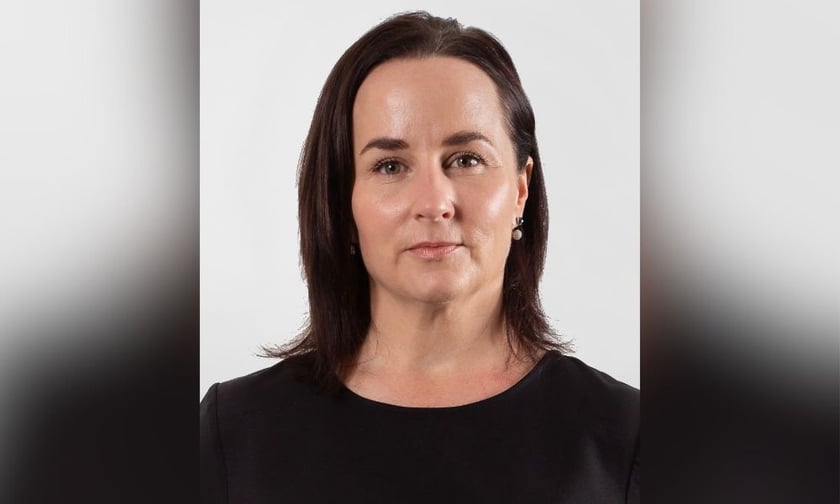

“If you had asked me as a motor underwriter 15 years ago whether I thought that flood would be a major topical point of underwriting consideration, the answer would be probably ‘no’ in a general sense. That, of course, is changing.”
Those were the words of DUAL New Zealand’s Damian Browne when Insurance Business sat down with the underwriting manager alongside the agency’s general manager, Paula Sheppard-Jones (pictured above), to talk about what’s happening in the market.
According to Browne, part of what we’re seeing in the market, particularly in the motor space, is the lingering effect of the coronavirus pandemic.
“As a result of COVID, we have seen the upward lift and pressures on parts repair costs in the New Zealand market,” the underwriting manager noted. “New Zealand was shut down for a considerable time relative to other locations. As a result of that, simple things like parts for vehicles, second-hand vehicles, for example, were a lot harder to get into the country.
“We have seen higher than normal inflationary costs across all industries, but [especially so for] motor being a predominant one in New Zealand. We are a nation of cars – it is the single largest product class in New Zealand. A lot of our transport is still via the roads, as opposed to rail. So, that has really impacted the New Zealand market.”
Browne highlighted that, across the globe, supply chains are still struggling to catch up with how the world has changed over the last three years.
“It’s also down to the people,” he added. “A lot of people obviously left certain industries as COVID meant they could no longer ply their trade. So, I think we’ll see COVID impacts on inflation for still a while to come.”
From Browne’s perspective, there are two main factors that are affecting how underwriters currently look at risk.
“We can’t ignore the inflationary impacts that we’re seeing in pretty much most products,” Browne told Insurance Business. “The value of the things we’re insuring is increasing. For example, in the motor space, second-hand cars seem to be something that you could always pick up reasonably easily. We’re seeing even they’re holding their price. So, when we have to underwrite to a risk, we have to be aware of what is the true value of what we’re insuring. That’s one major impact.
“The other big topical point in the underwriting space at this time is the global weather or the weather events, and what we are starting to see around the impacts of natural disasters. It’s bringing a lot more focus, as it needed to, on tools and ways that we can help identify those risks.”
In the property arena, according to Sheppard-Jones, the market continues to harden precisely because of the recent weather events.
“In no small way [the hardening] is attributable to the weather losses that we suffered earlier in the year,” she said. “That generated some fairly sizable claims across the market and, as a result, the rates are just having to go up to pay for that.”
The NZ general manager continued: “Our market is a very reactionary place. Last year, insured losses globally were US$130 billion. We had hurricane Ian, which was US$50 billion – it’s the second costliest in history… To put that into context locally, we expect the weather events at the beginning of the year to be between $4 billion and $5 billion for our market insured.
“So, we’ve got to bear in mind that we’ve got this emerging climate risk that is a big issue for our global market, and that it’s just getting bigger every year. We have considerations here in New Zealand that we’ve never had before. For example, with flood, we do have to look for the tools as to how we can successfully and sensibly underwrite the risk.
“But in our current market, most of us insurers were very much aware of the fact that we’ve got affordability to take into consideration as well. There are people who are having to make some pretty big decisions around what and how they insure their property going forward. And, as an industry, I think that’s something that has to be a large focus for us.”
Amid the changing risk environment, Sheppard-Jones is of the view that the issue of affordability should be among the considerations for insurance providers.
“Our purpose is to be able to provide that service and bring people back to the position they were in before their loss,” she told Insurance Business. “How, as an industry, are we going to be able to do that if the service we’re providing is out of reach for many of our insureds? So, that’s definitely a consideration for all of us.”
Set up in 2011 and manned by 35 colleagues, specialist underwriting agency DUAL New Zealand is launching a new insurance product in August and is currently looking to hire more people.
